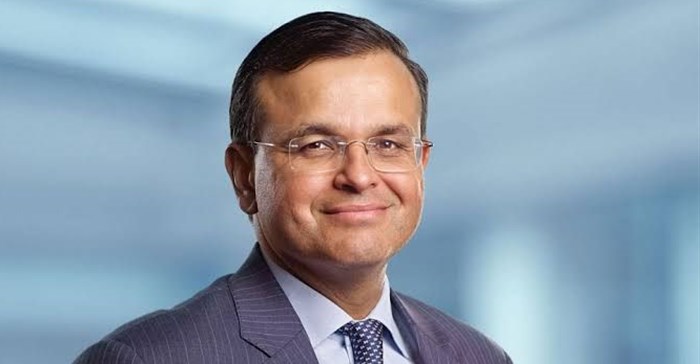
Top stories



Marketing & MediaAI changed how I work as a designer, faster than I expected
Emmanuel Naidoo, Ignition Group 4 hours



More news










ESG & Sustainability
Can Ramaphosa’s crisis committee solve South Africa’s water woes?


















A survey conducted between July and August 2020, amongst a panel of the world’s top 300 investment firms with total assets under management (AUM) of more than $50trn found that:
Besides the low investment in Africa, the research shows that almost two thirds (64%) of the panel’s AUM is invested in the developed markets of Europe and North America. Asia, which includes several developed markets, takes 22%, while just 2%, and 5% of the assets are invested in the Middle East and South America, respectively. The risk posed by emerging markets was flagged as a major barrier to investment. More than two-thirds of investors believe emerging markets are high-risk, compared to 42% who believe the same for developed markets. More than half of the panel (53%) believe returns from investment in Africa are low or extremely low, with almost three in five investors (59%) saying that they are deterred from investing because they lack in-house specialist teams.
In contrast, those already investing in Africa are optimistic about the region, with 93% saying they are likely to increase investment in future. Fifty-four percent of Africa investors said their investments had performed as well as – or better than – their developed market investments over the past three years. The figure for emerging markets overall was 88%. However, Covid-19 may have made it even harder for emerging markets to get the investment they need. Some 70% of investors believe the pandemic has widened the capital gap further.
The research points to a growing focus on sustainability, with 81% of investment firms now taking a disciplined approach to environmental, social and governance investment. However, this is not translating into investment in the SDGs. Only 13% of the assets managed by our respondents is directed towards SDG-linked investments. Some 55% claim the SDGs are not relevant to mainstream investment and 47% say investment in the SDGs is too difficult to measure. However, one fifth of investors admit that they were not aware of the SDGs. Respondents point to regulatory changes, favourable tax treatment, evidence of higher returns, better data for measuring impact, and increased demand from retail investors as the top five factors that might spur on more SDG investment.
There is still investment gap in Africa to realise the SDGs and this creates an opportunity for us to make a difference where it matters the most. “A significant surge in private-sector investment – alongside public investment and commitments – will be required to bridge the gap and hit the SDG targets over the next 10 years. Right now Covid-19 has made the imperative to act even stronger in the region.
There is no single answer, but it is evident that investors need to expand their focus beyond developed markets. Africa, and emerging markets generally, offers investors a unique opportunity: strong returns combined with the chance to have a significant, positive impact in the long term," says Sunil Kaushal, regional CEO, Africa & Middle East, Standard Chartered.